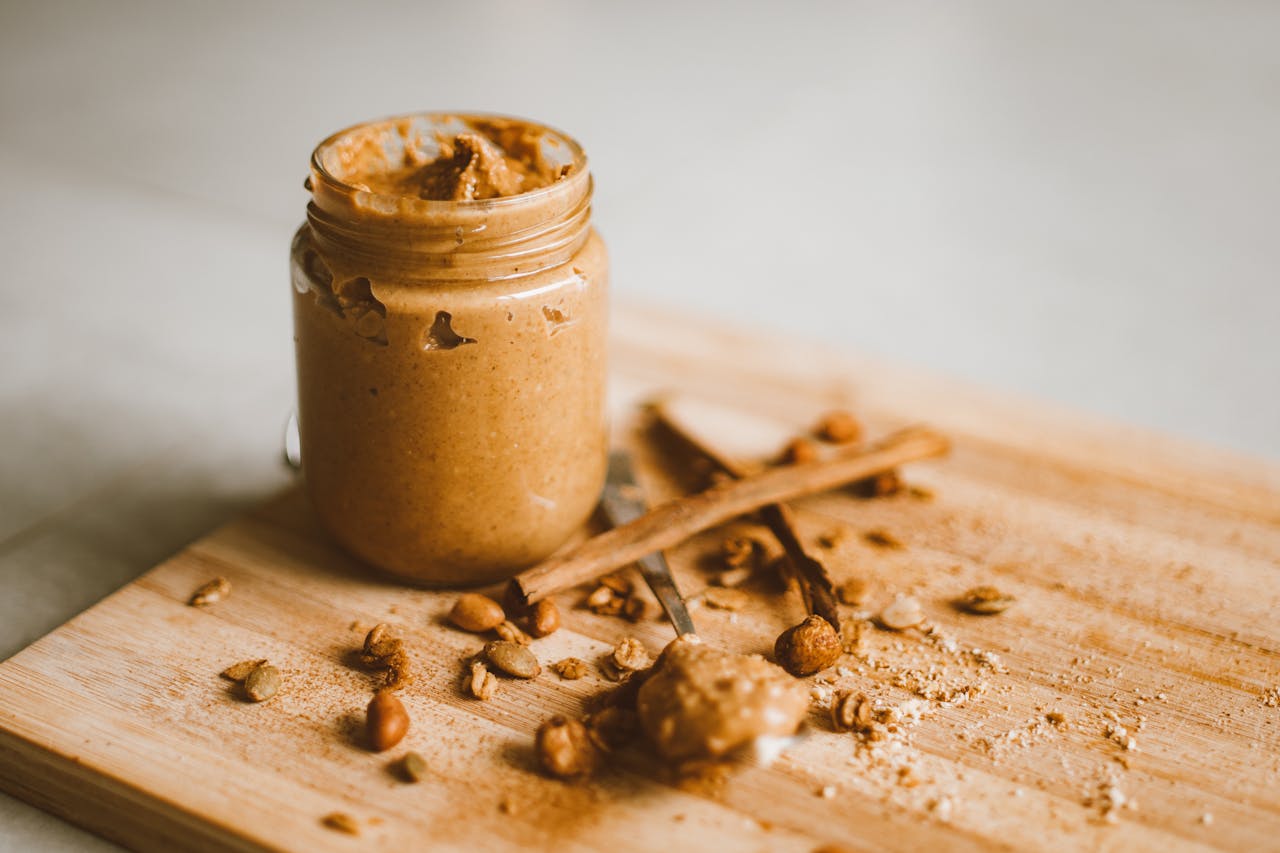
Walk down any grocery store aisle and you’ll see the word “natural” splashed across countless food packages. Shoppers often associate “natural” with health, purity, and better ingredients. But the truth behind these labels isn’t always straightforward. Regulators and consumer advocates have raised concerns that some foods labeled as “natural” may not live up to the promise. As a result, several foods are now being investigated for misleading “natural” claims. Understanding which foods are under scrutiny can help you make more informed choices and avoid falling for clever marketing.
1. Granola Bars
Granola bars are a popular snack, often marketed as a wholesome, “natural” choice. However, investigations have found that many brands add processed sugars, syrups, and preservatives. While oats and nuts might be natural, ingredients like high-fructose corn syrup and artificial flavors are far from it. Some lawsuits have targeted brands for labeling bars as “natural” when they contain synthetic additives. This has led to increased scrutiny of how companies define and use the term on packaging.
2. Flavored Yogurts
Flavored yogurts frequently carry “natural” labels, but not all the ingredients inside meet consumer expectations for natural food claims. Many yogurts include fruit-flavored syrups, stabilizers, and coloring agents. These ingredients can be derived from sources that are anything but natural. Regulatory bodies are now examining whether such products truly deserve their “natural” label, especially when the presence of additives and processed sweeteners is high.
3. Bottled Teas
Bottled teas often advertise themselves as “all-natural.” But a closer look at the ingredient list may reveal added sweeteners, artificial flavors, or even preservatives. Several brands have faced legal challenges for misleading “natural” claims when their products include chemically processed ingredients. This has prompted consumer groups to call for clearer guidelines about what qualifies as natural in bottled beverages.
4. Nut Butters
Peanut butter and other nut spreads are staples in many kitchens, with “natural” versions growing in popularity. Yet, some brands add palm oil, sugar, or emulsifiers to improve texture and shelf life. While these ingredients aren’t always synthetic, their processing methods can raise questions about how “natural” they really are. As the demand for transparency increases, nut butter brands are facing more pressure to justify their “natural” food claims.
5. Fruit Snacks
Fruit snacks are often marketed to parents as a natural treat for kids. But many contain added sugars, colorings, and flavor enhancers. In some cases, the fruit content is minimal compared to the amount of corn syrup or gelatin. Regulatory agencies are now looking at whether calling these products “natural” crosses a line, especially when the ingredient list reads more like candy than fruit.
6. Frozen Dinners
Frozen dinners labeled as “natural” can be especially misleading. While they may contain some whole food ingredients, it’s common to find preservatives, flavor boosters, and stabilizers. These additives help extend shelf life and improve taste, but don’t always align with consumer expectations of what “natural” should mean. Ongoing investigations hope to clarify how frozen meals can use the label and what standards they must meet.
7. Vegetable Chips
Vegetable chips claim to be a healthier, “natural” alternative to traditional potato chips. However, many brands use processed oils, artificial flavors, and even added sugars. The original vegetable often makes up a small portion of the final product. As a result, vegetable chips are now being investigated for misleading “natural” claims, with watchdog groups pushing for more honest labeling. Shoppers hoping for a truly natural snack may want to stick with fresh or minimally processed veggies instead.
Looking Beyond the Label
The ongoing investigations into misleading “natural” claims highlight the importance of reading ingredient lists and not relying solely on packaging. The word “natural” is not strictly regulated in the United States, which leaves plenty of room for interpretation—and for companies to stretch the truth. As more foods are being investigated for misleading “natural” claims, consumers need to stay alert and demand transparency from brands.
Want to learn more about how food labeling rules work? Visit this FDA resource on natural food labeling for official guidance. Have you ever felt misled by a “natural” label? Share your experience in the comments below!
What to Read Next…
Grocery Chains Sued for Mislabeling How Trustworthy Are Your Food Labels?
These 6 Snack Brands Claim to Be Natural Heres Whats Actually Inside
6 Organic Foods That Really Arent Organic
The post 7 Foods Being Investigated for Misleading “Natural” Claims appeared first on Grocery Coupon Guide.







